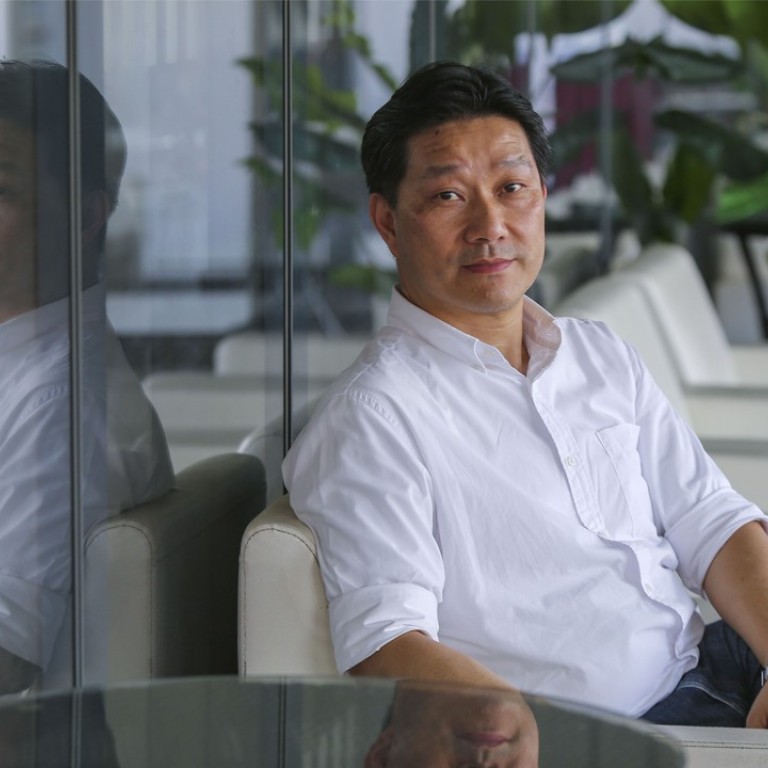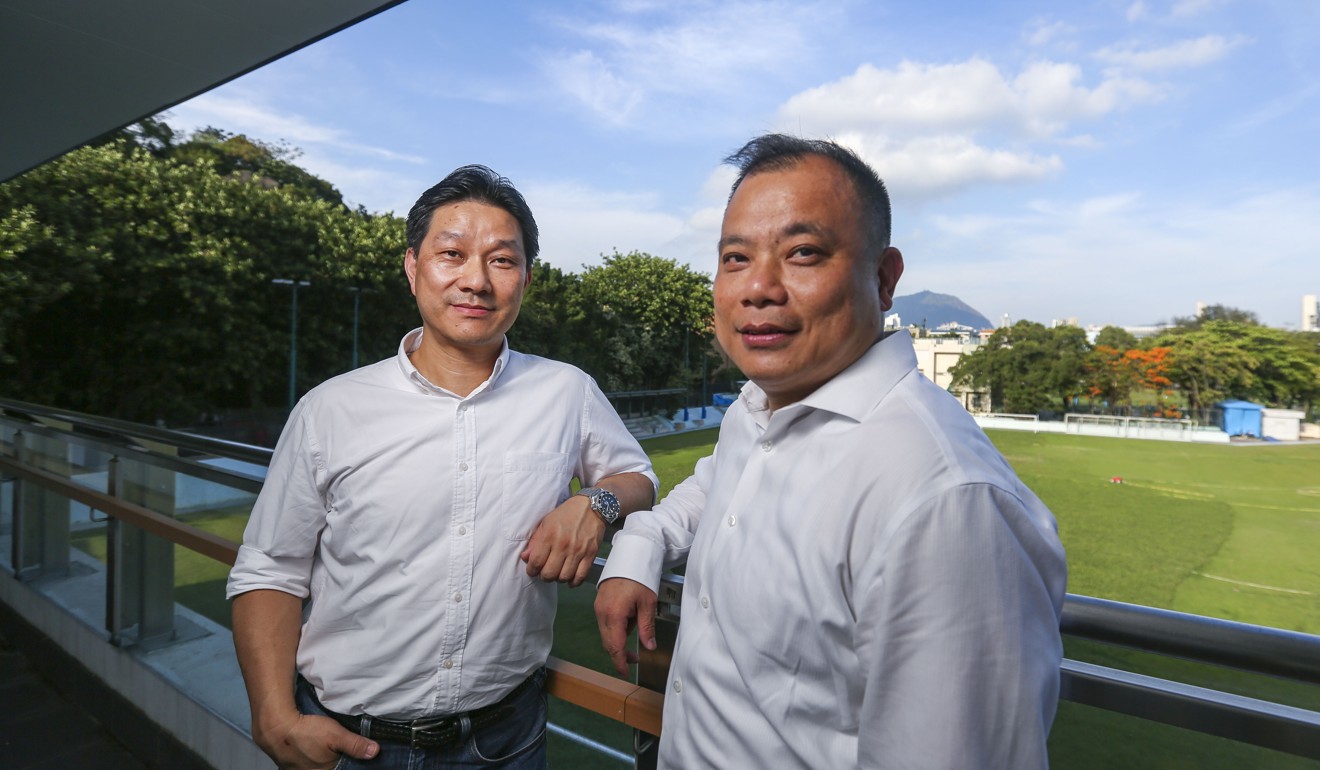
He led a walkout, criticised bosses over Mong Kok riot and fought for law against insulting officers – Hong Kong police union chief Joe Chan steps down with no regrets
Joe Chan says he did his best to safeguard dignity of the force despite personal attacks online
Frontline police officers have lost their staunchest defender at a time when the public’s attitude towards the force has deteriorated, with society fractured and more incidents of unrest in recent years.
Joe Chan Cho-kwong, who stepped down as leader of the 20,000-strong Junior Police Officers’ Association earlier this month, said he had done his best to safeguard the dignity of the force over the past six years, despite facing personal attacks from internet users.
“I tried my best to fulfil the responsibilities of chairman. I have no regrets over a single word I said in the past,” Chan said.

The 54-year-old Emergency Unit station sergeant took on the association’s top job in 2012, and soon began to make headlines.
33,000 gather in support of Hong Kong officers jailed for beating up Occupy protester
After the Mong Kok riot, he added his voice to calls for the police to tackle violence with force.
His comments frequently caused uproar and drew personal attacks.
“Every word I said was carefully considered. The top management’s feelings were not in my consideration,” Chan said.
“I joined the association because I wanted to raise the dignity of junior staff. I didn’t plan or want to get such a high profile. If I didn’t speak up for junior policemen, they would not even have a chance to voice out.”
But Chan said that despite his “best efforts” more officers had become the target of insults since the 2014 Occupy protests.
For example, those who violated traffic rules swore at officers in an attempt to scare them off, he said, while people confronted police during crime operations to stop their enforcement work.
Those with political demands clashed with the force in a bid to achieve their goals, Chan said.
“They think they can avoid their legal responsibility, or that police officers can be insulted,” he said.
Controversially, during last year’s mass rally, one speaker was filmed comparing insults officers had received with the Nazi persecution of Jews during the second world war.
Confidence in police restored after low of 2014 Occupy protests, retiring assistant chief says
Looking back, Chan said the officer was only expressing his feelings and anger, and that the force had set a good example with such an orderly large-scale gathering. “When everyone is safeguarding the freedom of speech, why shouldn’t we allow him to express his views?” Chan asked.
He said the association over the past six years had enhanced benefits for members, including on housing. Gallant Garden, a burial ground for civil servants who lose their lives on duty, had also been renovated.
His successor, Lam Chi-wai, a station sergeant from the North Point task force, said his first priority was to help improve members’ work welfare.

